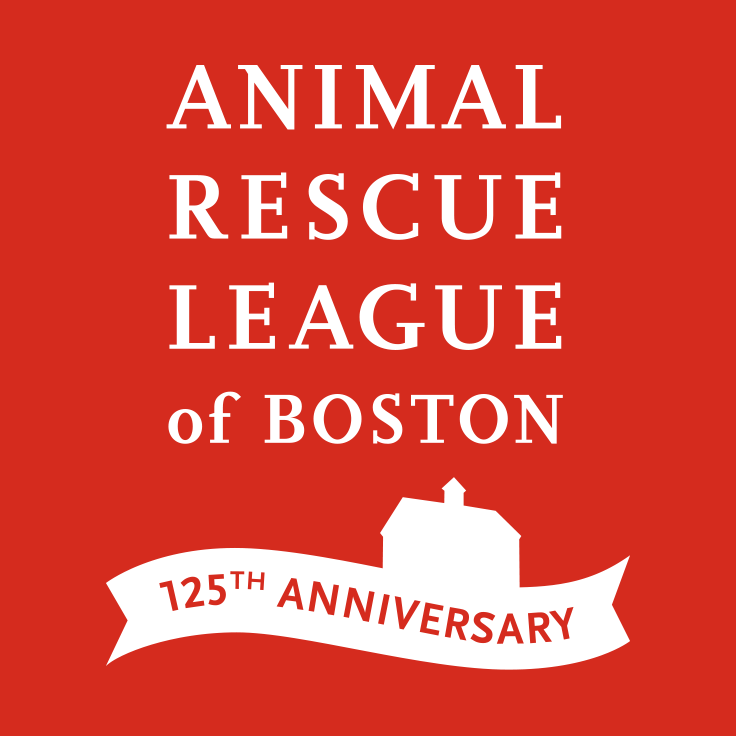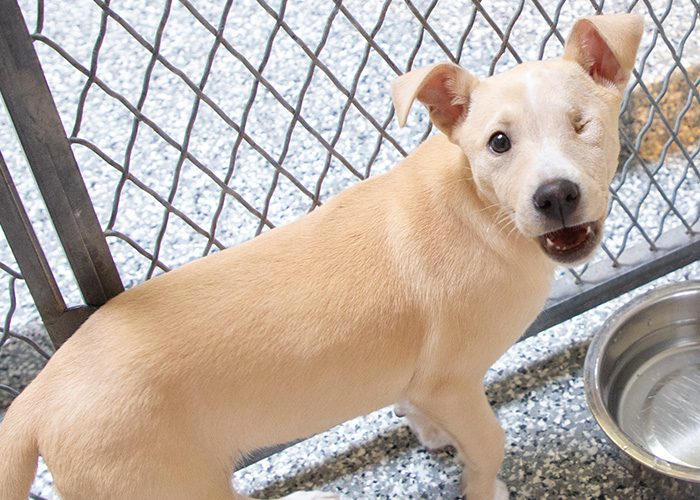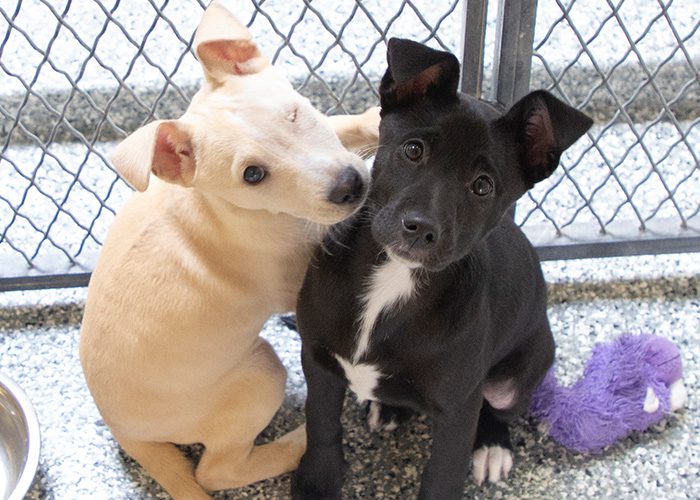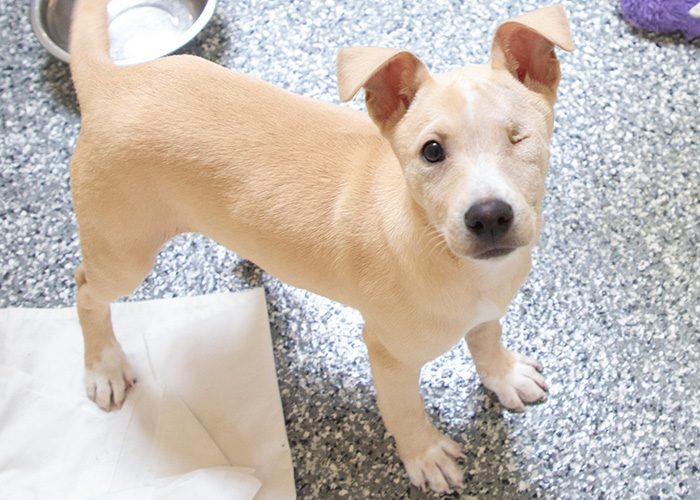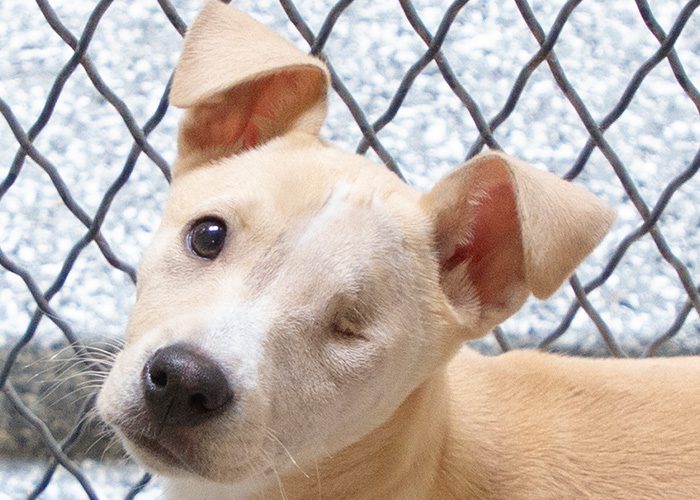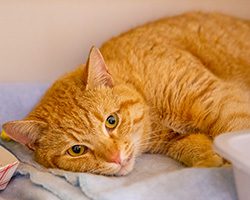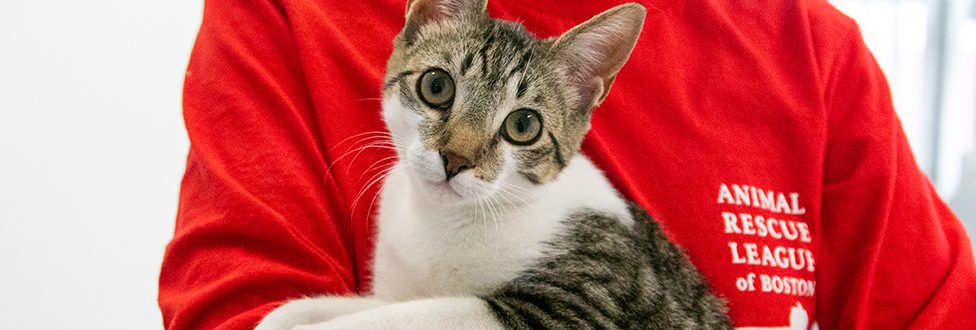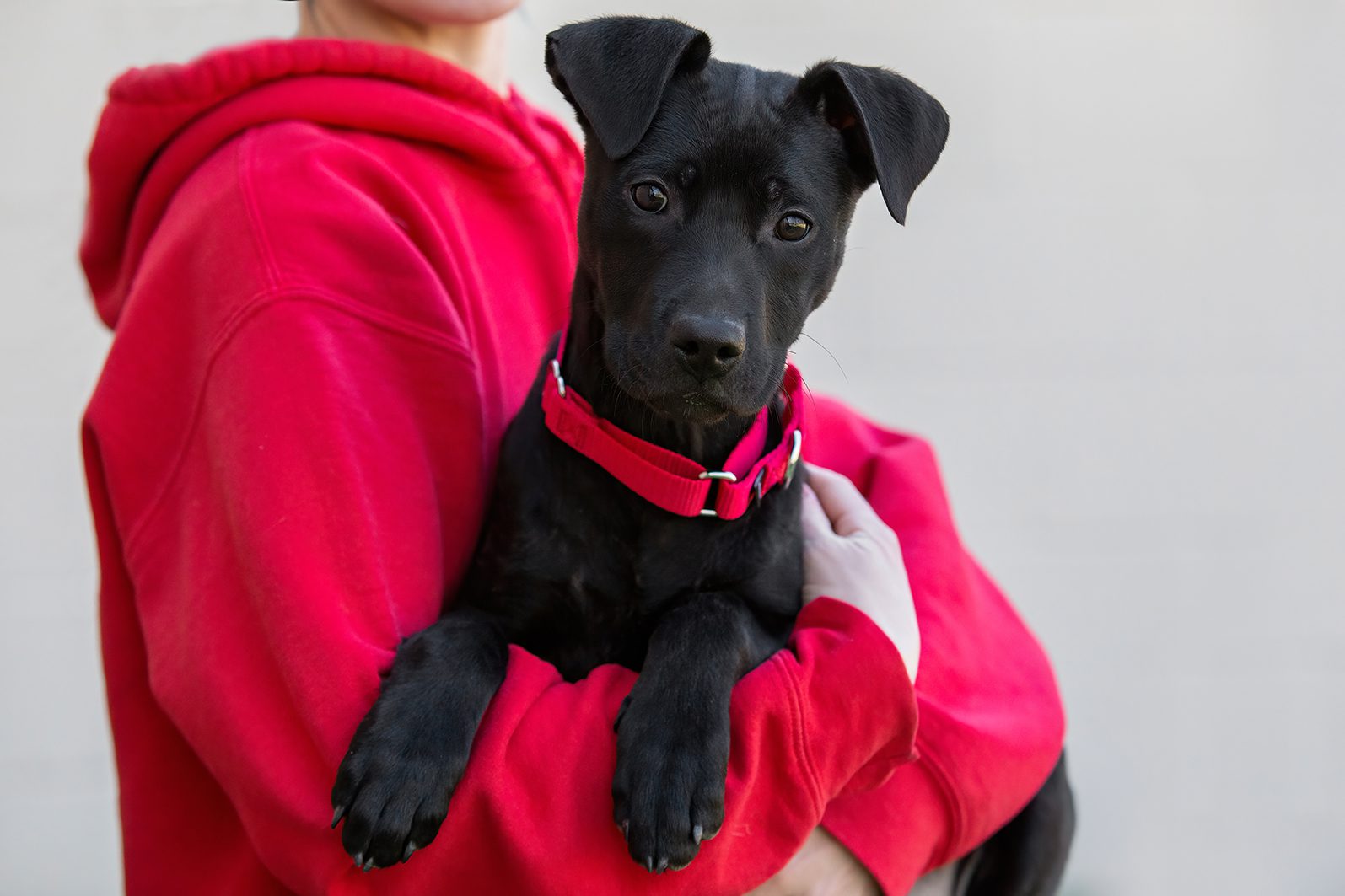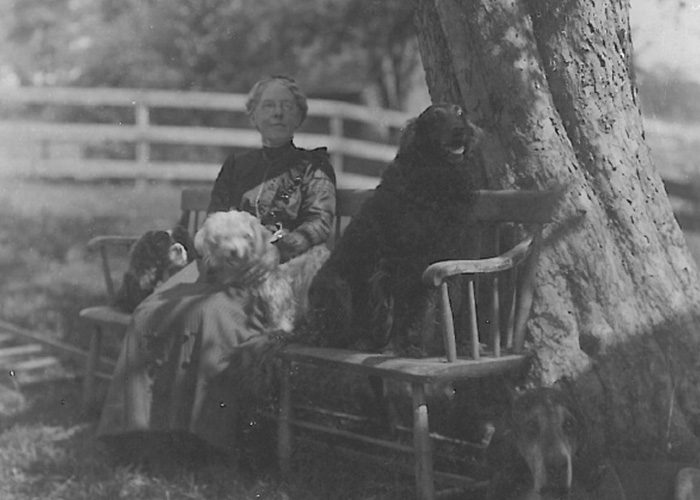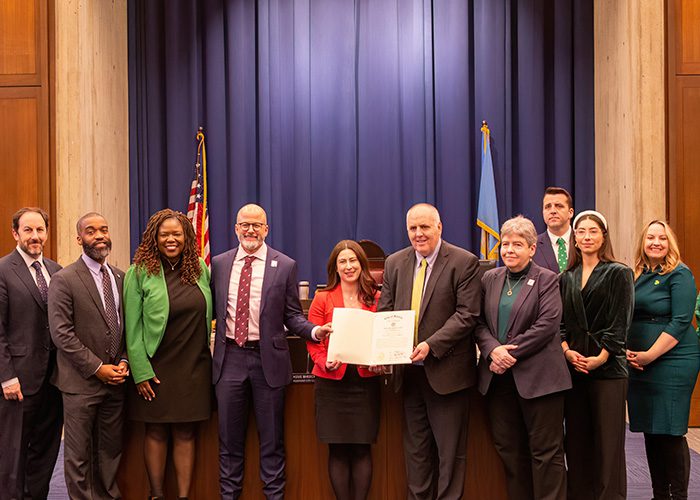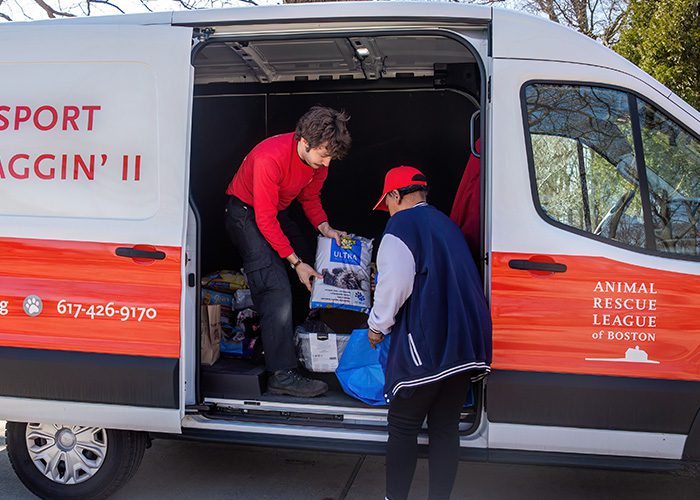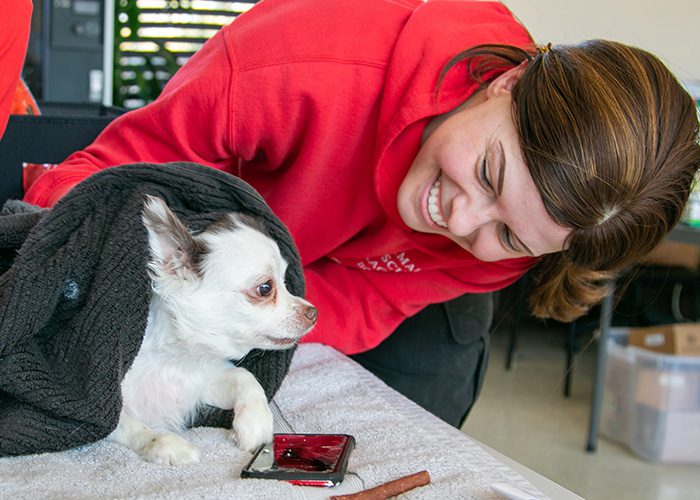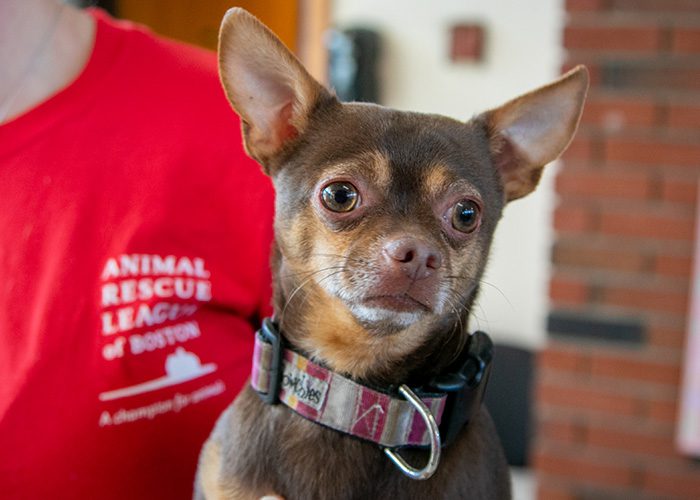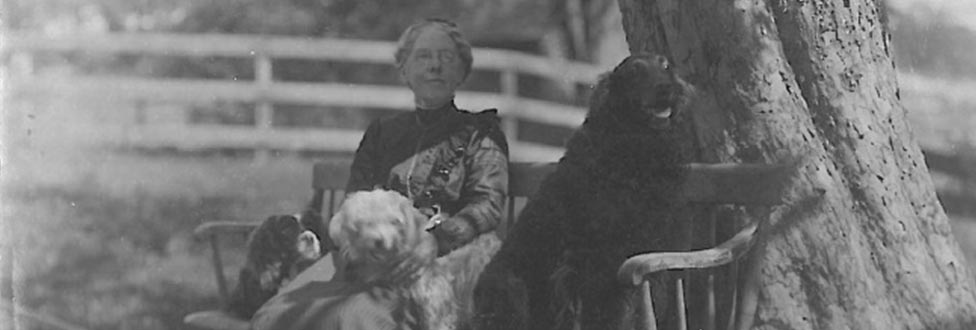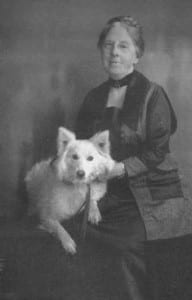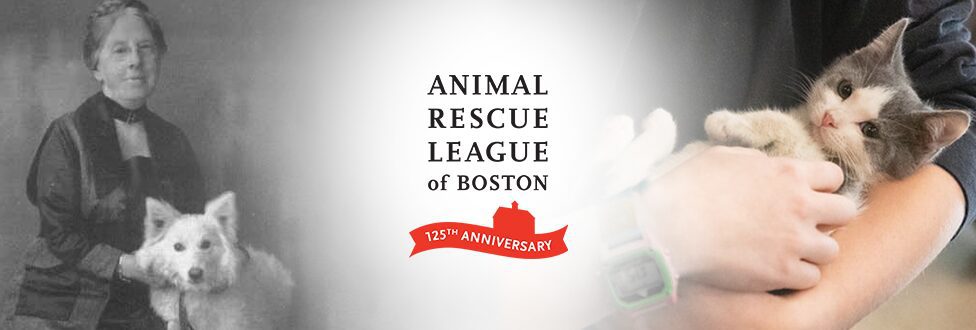Press Release: Hanson Man Arrested on Federal Dogfighting Charges
Operation resulted in the seizure of several pit bull-type dogs
Below is a press release provided by the United States Attorney’s Office — District of Massachusetts
BOSTON – A Hanson man was arrested today for allegedly possessing dogs at his Massachusetts home for participation in a dogfighting venture.
John Murphy, 50, was indicted on nine counts of possessing animals for use in an animal fighting venture, in violation of the federal Animal Welfare Act. Murphy will appear in federal court in Boston at 10:45 a.m. today.
According to the indictment, Murphy possessed numerous items associated with possessing dogs for participation in an animal fighting venture at his residence in Hanson, Mass., including: intravenous infusion equipment; syringes; antibiotics; injectable anabolic steroids; injectable corticosteroids; a skin stapler; forceps; equipment used to train dogs, including a treadmill, a slat mill, a carpet mill, and a flirt pole; dog training and fighting literature; a hanging digital scale used to weigh dogs for matches; written training regimens; break sticks, used to separate fighting dogs; and a breeding stand used to immobilize female dogs during breeding to prevent harm while mating.
The United States also filed a civil forfeiture complaint against 13 pit bull-type dogs, seized in June 2023 from Murphy’s residence and another residence in Townsend, Mass. As alleged in the civil forfeiture complaint, several of the seized dogs had evidence of scarring. The dogs are currently in the custody of the U.S. Marshals Service (USMS) being cared for by a USMS-contractor. Pursuant to the Animal Welfare Act, animals involved in violations of 7 U.S.C. § 2156 are subject to forfeiture to the United States.
At both locations where the dogs were seized, as alleged in the civil forfeiture complaint, the following items commonly associated with an illegal dogfighting operation were found: training equipment; veterinary supplies; dog fighting literature, DVDs, and/or CD-ROMs; kennels used to house dogs individually; and break sticks, which dogfighters use to force open a dog’s bite onto another dog’s body, specifically at the termination of a fight or while training.
The civil forfeiture complaint also alleges that Murphy communicated with other dogfighters via Facebook where they discussed the results of dogfights, injuries sustained by fighting dogs, as well as breeding dogs. It is alleged that Murphy also belonged to private dogfighting Facebook groups used to share fight results, buy and sell fighting dogs and exchange information on training and conditioning fighting dogs, among other things.
It is further alleged that Murphy’s Facebook accounts contained a photo of a pit bull-type dog with scarring and discolorations on its head and leg consistent with that of dogfighting, a photo of a pit bull-type dog restrained in a breeding stand, and videos that depicted pit bull-type dogs physically tethered to treadmill-like-devices commonly used to physically condition dogs in preparation for a dogfight. One video allegedly depicted what appears to be live bait placed at the end of the mill to entice the pit bull-type dog to run faster and harder.
To report animal fighting crimes, please contact your local law enforcement or the U.S. Department of Agriculture’s Office of Inspector General complaint hotline at: https://usdaoig.oversight.gov/hotline or 1-800-424-9121.
The charges of possessing animals for use in an animal fighting venture each provide for a sentence of up to five years in prison, three years of supervised release and a fine of up to $250,000. Sentences are imposed by a federal district court judge based upon the U.S. Sentencing Guidelines and statutes which govern the determination of a sentence in a criminal case.
Acting United States Attorney Joshua S. Levy; Christopher P. Robinson, Acting Special Agent in Charge of the U.S. Department of Agriculture – Office of Inspector General, Northeast Region; John E. Mawn Jr., Interim Colonel of the Massachusetts State Police; and Joseph F. King, Director of the Animal Rescue League of Boston – Law Enforcement Division made the announcement today.
Valuable assistance was provided by Homeland Security Investigations; U.S. Customs and Border Protection; Bureau of Alcohol, Tobacco, Firearms & Explosives; U.S. Coast Guard Investigative Service; U.S. Marshals Service; Maine State Police; New Hampshire State Police; Massachusetts Office of the State Auditor; Rhode Island Society for the Prevention of Cruelty to Animals; and the Hanson, Boston, and Acton Police Departments. Assistant U.S. Attorneys Danial E. Bennett and Kaitlin J. Brown of the Worcester Branch Office and Trial Attorney Matthew T. Morris of the Justice Department’s Environment and Natural Resources Division (ENRD), Environmental Crimes Section, are prosecuting the case. Carol E. Head, Chief of the Asset Recovery Unit for the District of Massachusetts, and Trial Attorney Caitlyn F. Cook of ENRD’s Wildlife and Marine Resources Section are prosecuting the civil forfeiture case.
The details contained in the charging documents and civil forfeiture complaint are allegations. The defendant is presumed innocent unless and until proven guilty beyond a reasonable doubt in a court of law. The United States must establish that the dogs are subject to forfeiture by a preponderance of the evidence.
